Got this in an email, and here it is for you all to read.___________The story of Prophet Musa.
THE story of Prophet Moses (peace be upon him) with Khidr, mentioned in Surah Al Kahf, the Cave (65:82), is one of the most important didactic stories in the Qur’an.
The story begins when Moses was delivering a sermon and one of his followers suddenly asked him “Who is the most knowledgeable person on earth” and Moses (peace be upon him), immediately answered him: ‘I (am the most learned).’ Allah admonished him for this answer and told him that there was a man who was more knowledgeable than he was and ordered him to search for that man to learn from him, “So they found one of Our servants, on whom We had bestowed Mercy from Ourselves and whom We had taught knowledge from Our own Presence.”
We will notice that Moses’ relationship with Khidr is that of a student and his teacher that should be based on politeness, obedience, respect and patience and this is clear from Moses’ first question, “Moses said to him: “May I follow you, so that you teach me something of the (Higher) Truth which you have been taught (by Allah)?” Khidr reminds him during his stay with him that he has to be patient indicating that he (Moses) would see things that require a lot of patience, “He (Khidr) said: “Verily you will not be able to have patience with me! And how can you have patience about things about which your understanding is not complete?”
Moses declares that he would stick to his promise, “Moses said: “You will find me, if Allah wills, (truly) patient: nor shall I disobey you in aught.”
But what Khidr did was beyond the toleration of Moses; he scuttled the boat of the poor people who helped them, killed a boy for no reason and then built the wall (which was about to fall down) in the village that refused to offer them some food.
Then Khidr explained these mysterious events to Moses “This is the parting between me and you: now will I tell you the interpretation of (those things) over which you were unable to hold patience.
As for the boat, it belonged to certain men in dire want: they plied on the water: I but wished to render it unserviceable, for there was after them a certain king who seized every boat by force.
As for the youth, his parents were people of Faith, and we feared that he would bring them to grief by obstinate rebellion and ingratitude (to Allah and man). So we desired that their Lord would give them in exchange (a son) better in purity (of conduct) and closer in affection. As for the wall, it belonged to two orphan youths, in the town; there was, beneath it, a buried treasure, to which they were entitled: their father had been a righteous man: So your Lord desired that they should attain their age of full strength and get out their treasure – a mercy (and favor) from your Lord.
I did it not of my own accord. Such is the interpretation of (those things) over which you were unable to hold patience.”
The moral lessons that we can elicit from the story include the following:
• A student’s relationship with his teacher has to be based on obedience, respect and above all patience because gaining knowledge requires a lot of patience on the part of the learner.
• There is wisdom behind every event that takes place in this world, but we might not understand this wisdom immediately. Nothing happens haphazardly on earth.
• Knowledge has no limit and you always have to know that if you are very knowledgeable, there is someone who is more knowledgeable than you are.
Compiled from various sources.
Permission is granted to circulate among private individuals and groups, to post on Internet sites and to publish in full text and subject title in not-for-profit publications.
Note that an English translation of the Qur’an is an interpretation of the Qur’an, and does not have the perfect status as the Qur’an in its original Arabic form.
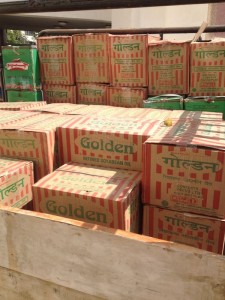
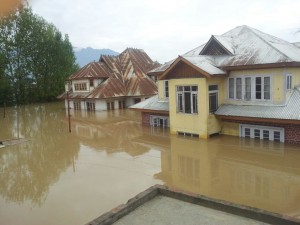

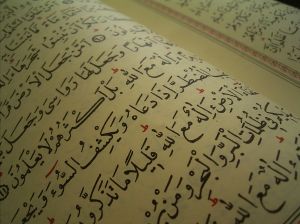


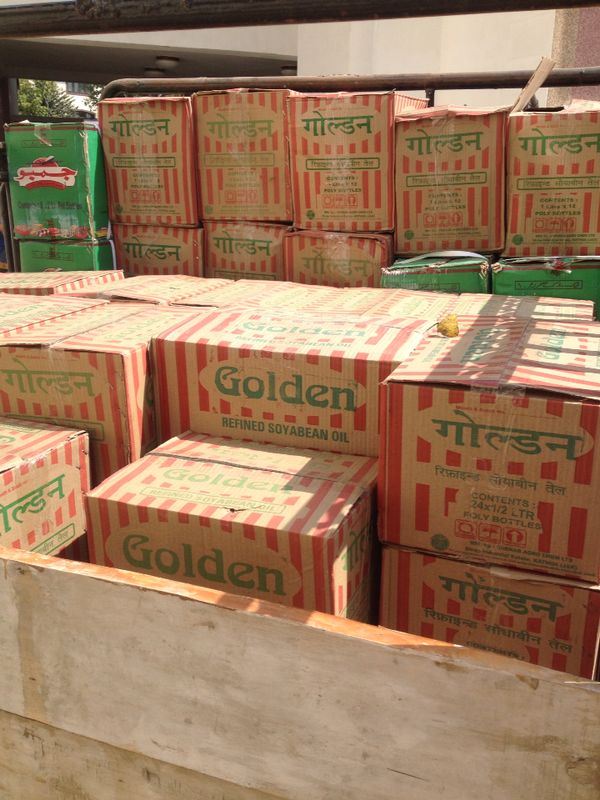
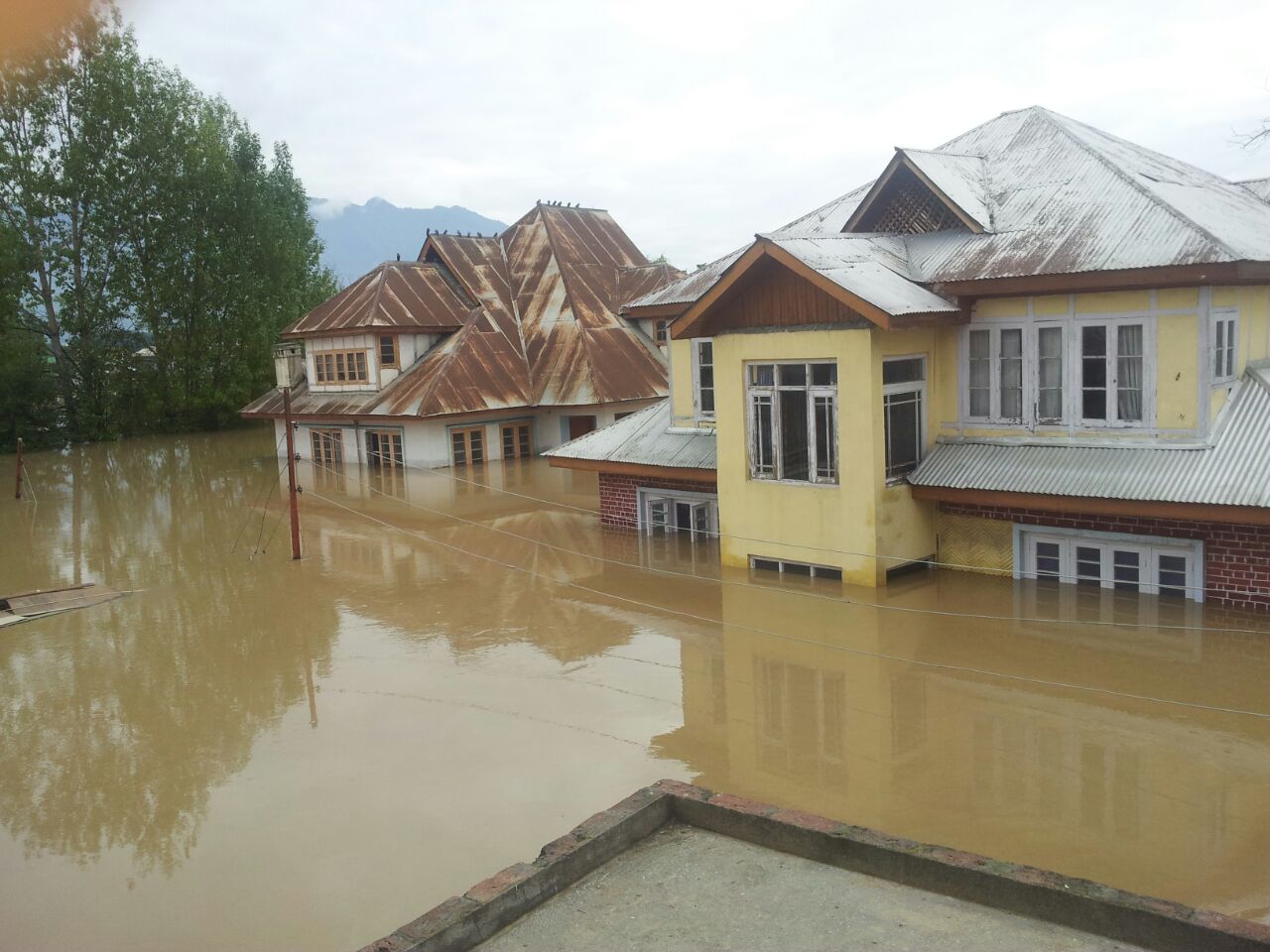

Salaam,
I have a question regarding Surah Al Kahf and would be highly obliged if someone would clarify.
My question is why would Khidr say” and we feared that he would bring them to grief by obstinate rebellion and ingratitude”. Why would He be in doubt regarding the boy when He is blessed with Divine knowledge? The word ‘Feared’ means ‘Doubt’ so please clarify for me.
I think that Khidr certainly ‘knew’ that the kid will become rebellious. He ‘feared’ that this rebellion will be too great for his parents (who were pious believers) to tolerate and they will be much grieved.